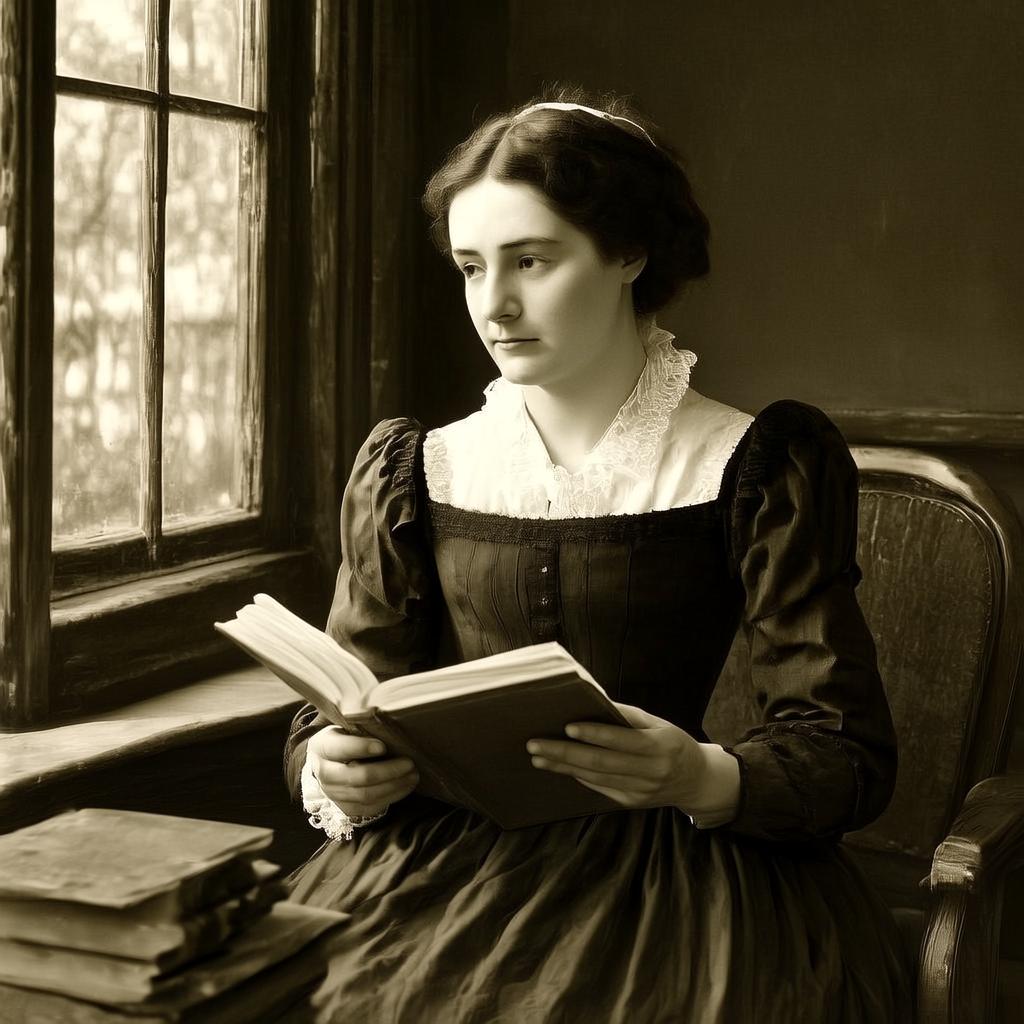Literary Characters Who Led with Language and Grace
Words are one of the maximum powerful equipment someone can use. In fiction, some characters don’t need guns, magic, or rebel to manual—they lead thru language. Whether thru speakme lightly, writing accurately, or presenting fact with calm braveness, those characters form their worlds with the aid of selecting phrases that depend.
They don’t shout to be heard. They don’t dominate to be reputable. Instead, they guide others with dignity, reason, and charm. Their have an impact on is lasting no longer due to the truth they were the loudest, however due to the fact they had been the clearest, kindest, and maximum considerate.
In this article, we discover a number of the maximum memorable literary characters who led through language. These characters taught lessons, changed minds, and stimulated others through the manner they spoke, wrote, or surely listened.
Why Language Matters in Literature
In memories, characters often monitor their proper selves via talk and inner thoughts. What they say—and the way they may be announcing it—suggests their values. Language will become a reflection of their soul.
Characters who lead with language:
Use terms in choice to stress
Speak with compassion and readability
Inspire others to assume, develop, or forgive
These figures stand out now not only for what they receive as proper with, but for a manner they unique the ones beliefs. Their speech displays their internal strength.
Let’s Have intro.
Atticus Finch
Atticus Finch is a quiet hero. As a legal professional and a father, he in no way uses anger to make a factor. Instead, he chooses calm, reasoned speech to influence others—particularly his youngsters.
When explaining racism and justice to Scout and Jem, he makes use of honest but kind words. He tells them, “You by no means simply recognize a person till you recollect subjects from his factor of view… until you climb into his pores and skin and stroll around in it.”
Atticus leads with the aid of example. His protection of Tom Robinson isn’t handiest a prison act—it’s a ethical stand. Even in a court docket packed with hate, he speaks with grace. His language is easy however sturdy, and his voice consists of recognize even supposing others refuse to concentrate.
Dumbledore (Harry Potter Series)
Albus Dumbledore is a effective wizard, but his right power lies in his words. As a trainer and leader, he by no means belittles others. Instead, he courses them with staying strength, receive as true with, and mild humor.
One of his most memorable lines is: “Words are, in my now not-so-humble opinion, our most inexhaustible supply of magic.” And he technique it. Dumbledore chooses his terms cautiously. He is aware of they could shape alternatives, consolation ache, and awaken courage.
He speaks to college college students with wish. He speaks to enemies with calm. Even in grief or worry, he stays considerate. That’s what makes his control so powerful.
Anne Shirley (Anne of Green Gables)
Anne Shirley doesn’t preserve lower back when she speaks, however her phrases come from creativeness and coronary heart. She charms anyone—no longer thru seeking to affect, but via using being herself. Her language is poetic, whole of pleasure and surprise.
Anne regularly says things like, “It’s not what the world holds for you. It’s what you supply to it.” This form of thinking indicates how language can convey colour into a gray worldwide.
Even even as others pick out her or misunderstand her, Anne stays real to her kind voice. Her optimism becomes her energy. Through clean, vibrant language, she lifts others and leads them into her view of beauty and want.
Elinor Dashwood (Sense and Sensibility)
Jane Austen’s Elinor Dashwood isn’t always flashy. She is reserved, thoughtful, and speaks handiest whilst she has something substantial to mention. But don’t mistake her quiet for weak factor—Elinor’s power is in her willpower and expertise.
When others lose their composure, Elinor stays calm. She listens extra than she talks, however while she speaks, her terms supply weight. Her conversations are full of purpose, kindness, and appreciate—even toward folks that damage her.
In a world of gossip and delight, Elinor’s quiet grace will become management. She doesn’t keep forth. She actually speaks from the coronary heart with clarity and care.
Jean Valjean (Les Misérables)
Jean Valjean’s transformation from a bitter ex-convict to a type-hearted guy is advised via motion, however also thru deeply emotional language. As he learns mercy and compassion, his terms reflect his adventure.
One of his simplest moments is whilst he says to his observed daughter, Cosette: “To love or have cherished, that is enough. Ask nothing similarly.”
Valjean leads thru living virtually and loving unconditionally. His words are few, however full of soul. He proves that grace doesn’t continuously come via speeches. Sometimes, it comes through silence and easy truth.
Charlie (The Perks of Being a Wallflower)
In Stephen Chbosky’s novel, Charlie writes letters that open a window into his soul. His words are raw, considerate, and complete of longing to recognize life and connection.
Lines like, “We take delivery of the love we assume we deserve,” have grow to be notably quoted because of the reality they communicate to a few issue deep and actual.
Charlie isn’t a pacesetter inside the traditional feel. But through his writing, he helps others experience visible. His honesty offers readers the courage to face their very own mind. That’s a quiet form of control—but surely as effective.
Celie (The Color Purple)
Celie starts offevolved Alice Walker’s novel as a person who can not talk up for herself. But via letters—first to God, then to herself—she reveals her voice.
Her language is damaged inside the starting, however filled with reality. Over time, it turns into more potent, wiser, and more smooth. By the end of the story, Celie’s terms replicate delight, dignity, and freedom.
She says, “I’m pore, I’m black, I can be unpleasant and can’t prepare dinner dinner… But I’m right here.” In this short line, she affirms her clearly worth. Celie’s adventure proves that studying to talk your reality is a form of grace and leadership.
Language and Grace in Leadership
What do those kinds of characters have in commonplace?
They don’t pressure others to observe them. They don’t are looking for for hobby. Instead, they lead thru:
Listening first
Speaking with care
Choosing terms that heal, not harm
Telling the truth, even supposing it’s tough
Their voices form the emotional middle in their tales. Readers keep in mind them due to the truth they provide comfort, braveness, or readability at the right second.
How These Characters Inspire Readers
Readers connect deeply with characters who talk without a doubt and kindly. These characters version emotional intelligence. They show that it’s ok to be willing, to be unique, or to be mild in a noisy worldwide.
They teach us:
You don’t want to shout to be robust.
Words can boost people or tear them down—choose correctly.
Grace in speech often shows grace in the coronary heart.
In a time while real-lifestyles conversations may be filled with anger or branch, these characters remind us how effective respectful language can be.
Conclusion: Words That Lead the Way
In literature, it’s easy to consider ambitious movements or dramatic plots. But from time to time, it’s the quiet phrases that live with us the longest. Characters who communicate with notion and compassion create emotional echoes. Their grace becomes a shape of management that feels deeply human.
Whether in courtrooms, letters, or lecture room speeches, those fictional voices lead with the useful resource of example. They teach us that real energy lies now not in quantity, however in rate. Not in controlling others, however in connecting with them.
So the next time you examine a unique, pay interest cautiously to the characters who talk softly—however wisely. They may moreover truely be people who alternate the entirety.





